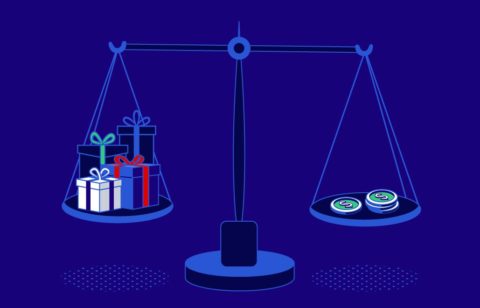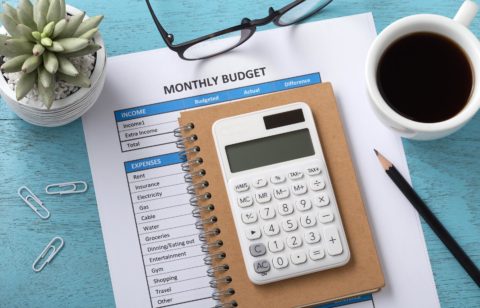Is your most important goal to get out of debt or to buy a new car? Would you like to buy a house or a vacation home or send your kids to college? Regardless of what your goals are, you need to know how to cut your spending so you can put away more money to realize them.
It all begins with goal setting
It’s tough to know how much you need to put away every month until you’ve defined your goals. Let’s suppose one of your short-term goals is to get out of debt and that you currently owe $5,000 on three different credit cards. If you want to pay off all that debt in two years, you will need to make payments of about $208 a month. This means you will need to cut your expenses by that much or more.
Reducing your spending
Now that you know how much you need to decrease your spending, the next step is to make a budget that will get you there. You may want to use an online budgeting tool or smart phone app such as Mint.com or You Need A Budget. In either event, you’ll want to track your expenses for two to four weeks so you can see where your money is going. Once you do that, it’s time to sharpen your pencil and start making cuts.
The low hanging fruit
You’ll find that some of your expenses such as your rent or car payment will be difficult to reduce short term. But there are areas where you should be able to reduce expenses almost immediately. They’re what I call the long hanging fruit. For example, how much do you spend a month on groceries? I’ll bet you can cut that by at least 20%. There is any number of books available on Amazon and Barnes & Noble that could teach you how to eat more frugally.
Another area where you should be able to reduce expenses is in entertainment. How often do you eat out, go to movies, or just hang out with friends at a club or bar? Chances are you could save as much as $100 a month just by cutting back on entertainment.
Check out your other categories
Take a hard look at every category in your budget. I’m willing to bet there are other areas where you could easily reduce your expenses. How about clothing? Do you really need to spend an average of $150 a month on clothes? Probably not. How about your cell phone plan? Could you get by with fewer minutes and less data? I have an AT&T plan that gives me the minimum amount of data. The way I can make this work is by using my iPhone to access the web as much as possible via a Wi-Fi hotspot so that I’m not connecting through AT&T. Another area where you might be able to decrease your expenses is your auto insurance. Go to a site such as esurance.com and get some competitive quotes. You might be surprised at how much you could save just by switching companies.
I admit that learning how to decrease expenses can be tough and not much fun. But if you just keep reminding yourself about the goals you’re working towards, you should find it a bit easier.
How to decrease your debt
If you feel like you’re sinking into a quagmire of debt, you should know that there is help available. There is a company that can probably decrease your debt by 50% or more and help you become debt free in just 24 to 48 months. You can get more information by calling our toll-free number or by filling out the free quote form on this page.







